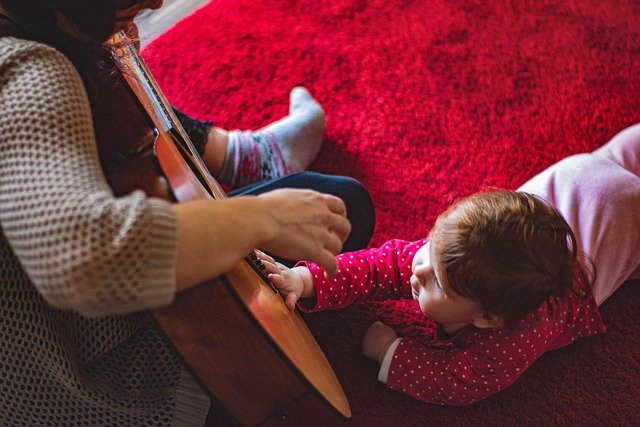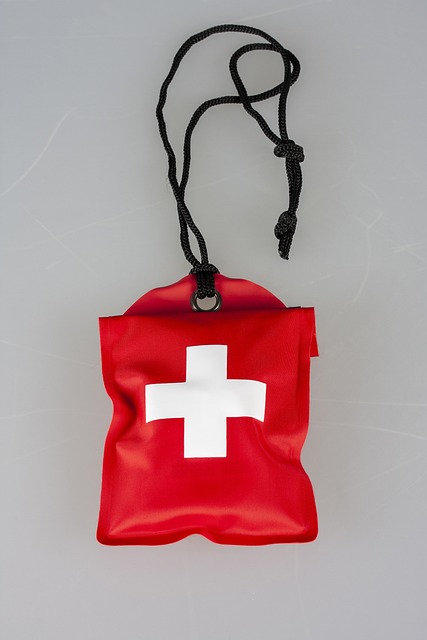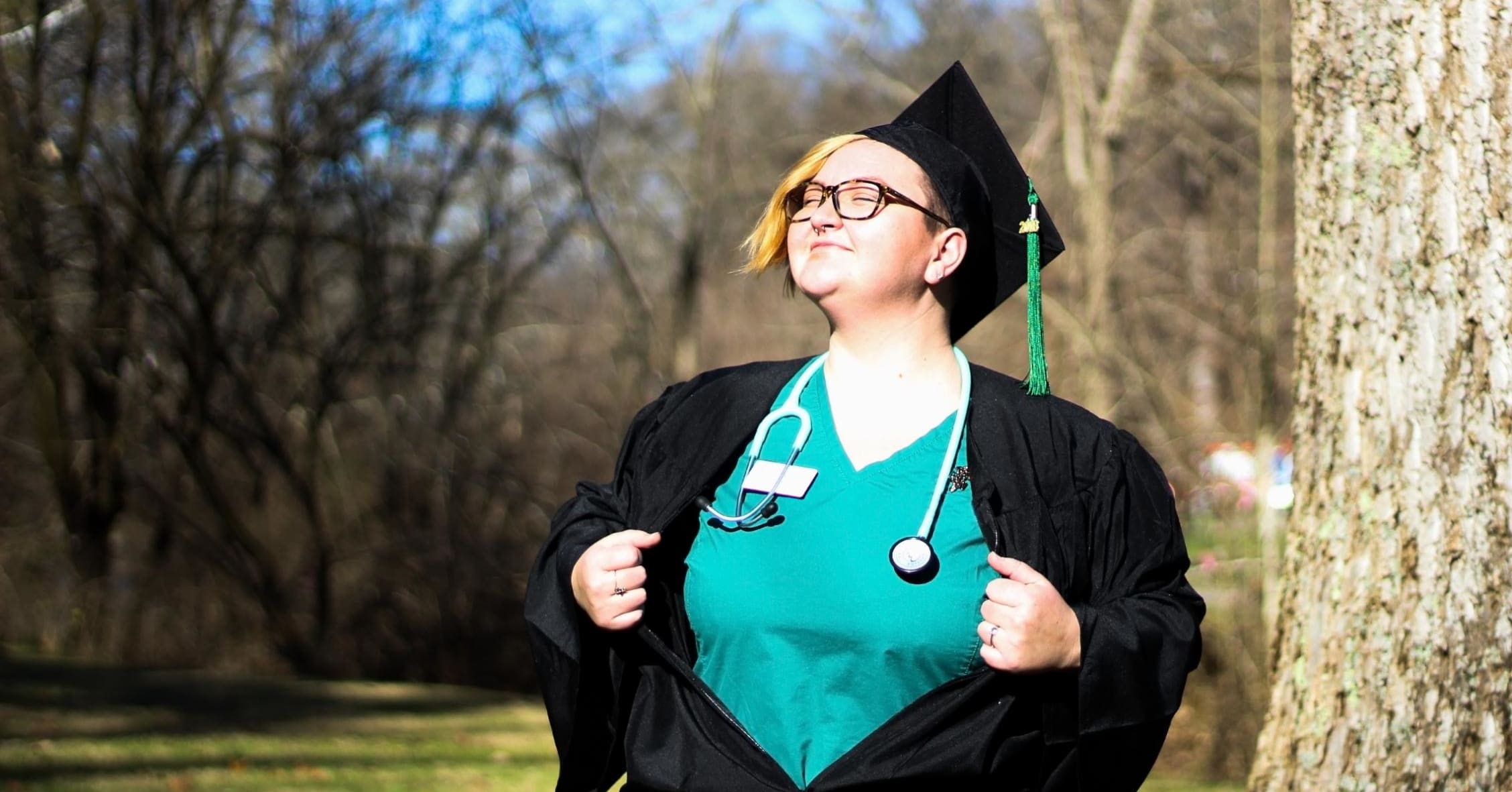Psychologist Therapy for Child Development and Education
Psychologist therapy provides structured support for children facing emotional, behavioral, social, or learning challenges. Grounded in developmental psychology, these services combine assessment, targeted interventions, and collaboration with families and schools to support a child’s emotional well‑being and learning. This article explains how psychologist-led therapy connects with education and development, what to expect during sessions, and how families and educators can work together.

This article is for informational purposes only and should not be considered medical advice. Please consult a qualified healthcare professional for personalized guidance and treatment.
What is psychology in child development?
Psychology, when applied to children, studies how thinking, emotions, and behavior change from infancy through adolescence. Practitioners use developmental frameworks to understand age‑appropriate milestones for cognition, language, social skills, and emotional regulation. Psychologists assess delays or divergences from typical development by combining observations, standardized tests, and caregiver interviews. Those findings guide individualized therapy plans that target skills such as emotion regulation, social problem solving, and executive function—areas that influence classroom learning and everyday functioning.
How does therapy support a child?
Therapy for children involves evidence‑based approaches—play therapy, cognitive behavioral techniques adapted for youth, parent‑child interaction therapy, and social skills training—that are tailored to a child’s developmental level. Sessions often use games, stories, or activities to build trust and model new strategies. Therapists help children develop coping skills, manage anxiety or behavioral issues, and practice social interactions. Importantly, effective therapy includes coaching for parents and caregivers so strategies are reinforced consistently at home and in educational settings, improving generalization of new skills.
Role of education in therapeutic progress
Education and therapy are complementary: schools can implement classroom accommodations informed by psychological assessment, such as adjusted instructions, breaks for executive function support, or social skills groups. Psychologists frequently collaborate with teachers and special education staff to align individualized education plans (IEPs) or 504 plans with therapeutic goals. Integration with educational goals ensures that improvements in therapy translate into better classroom engagement, academic progress, and peer relationships, creating a consistent network of support for the child’s development.
Measuring developmental outcomes in therapy
Progress in therapy is measured through a mix of observational notes, standardized development or behavior scales, and reports from parents and teachers. Short‑term goals might include reducing the frequency of tantrums or increasing use of calming strategies; longer‑term outcomes focus on improved emotional regulation, stronger peer interactions, and academic readiness. Regular review meetings help adjust interventions based on measurable change. Tracking progress across home and school contexts gives a fuller picture of development and helps therapists refine techniques to meet evolving needs.
Finding local services for child therapy
When seeking psychologist therapy in your area, look for licensed child psychologists, clinical psychologists with pediatric training, or multidisciplinary clinics that include behavioral specialists and speech/occupational therapists if needed. Ask about experience with child development, specific therapeutic approaches used, and how the provider involves schools and families. Many clinics offer initial assessments that outline recommended next steps. Availability varies by region, so requesting referrals from pediatricians or local education agencies can help locate appropriate local services and supports.
A typical therapy process usually begins with a comprehensive assessment that includes developmental history, standardized screening, and input from caregivers and teachers. From that assessment, a therapist proposes a treatment plan with clear goals and a suggested frequency of sessions (for example weekly or biweekly). Sessions often include direct work with the child plus caregiver consultations. Over time, progress is reviewed and goals are adjusted. Families can expect practical homework or strategies to use between sessions so therapeutic gains are reinforced in daily routines.
Conclusion
Psychologist therapy for children brings together developmental psychology, targeted therapeutic techniques, and educational collaboration to support a child’s emotional and learning needs. By assessing development, setting measurable goals, and working closely with families and schools, therapy aims to build skills that improve daily functioning and educational outcomes. For personalized recommendations and treatment, consult a licensed professional familiar with child development and the educational context.






